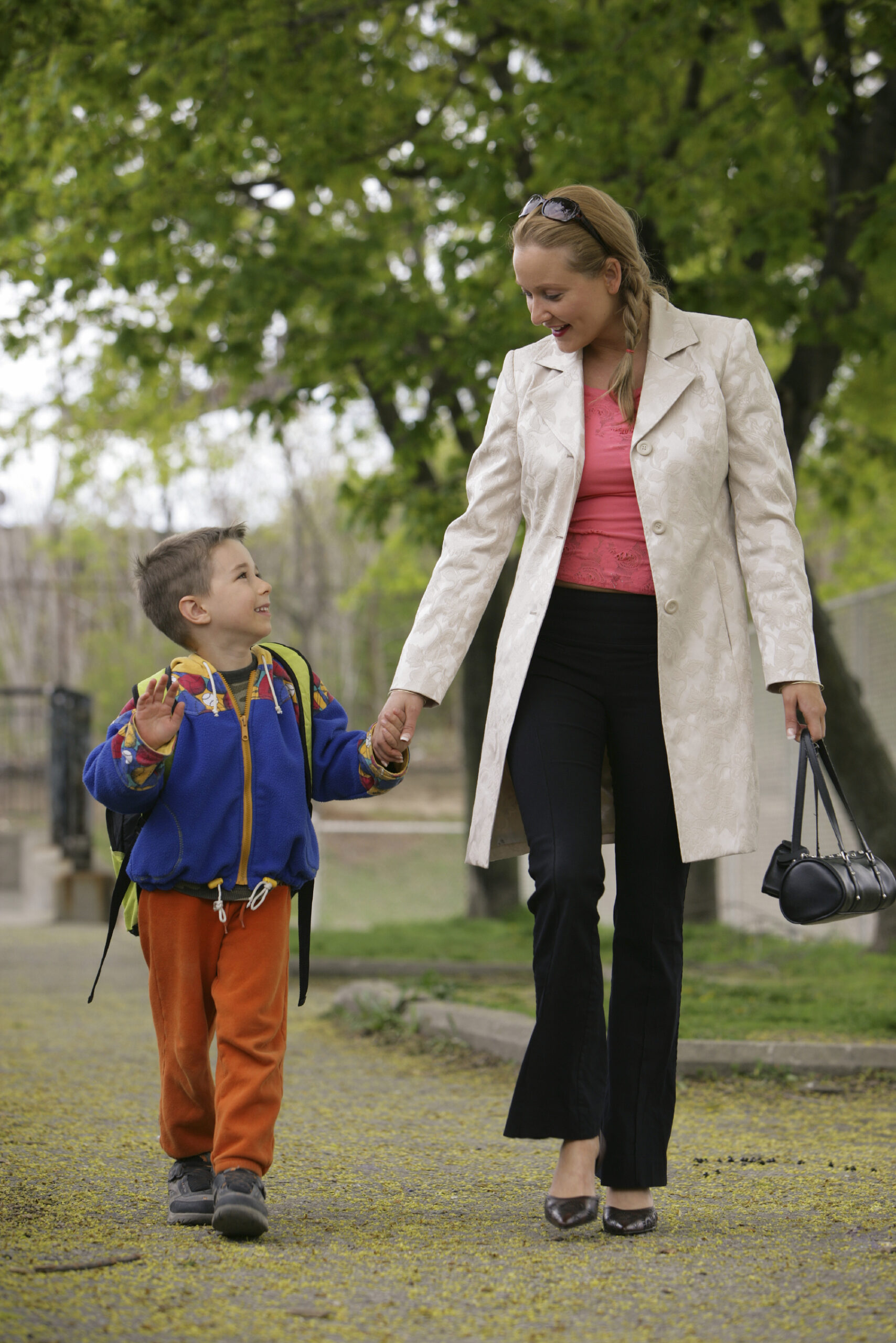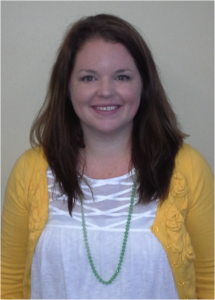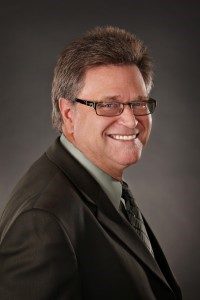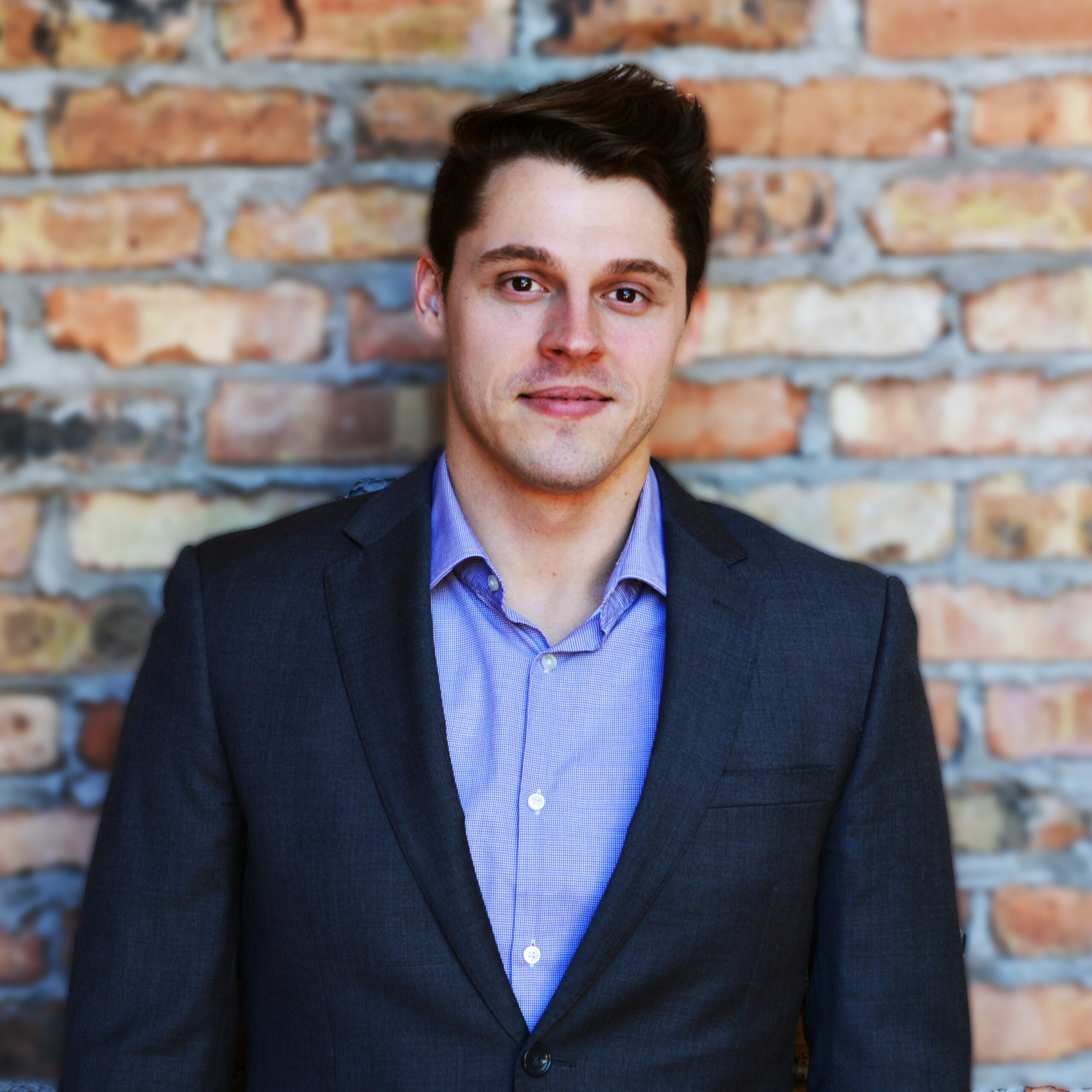
In a welcome contrast to what appears to be widespread practice in Florida, the Legislative Committee meetings in Tallahassee took place the past two weeks with masks being worn throughout the capitol and in committee rooms. Access to elected officials was severely restricted. And an ancillary facility with social distancing was identified for citizens and advocates to monitor developments and to speak to committees by video.
What wasn’t a contrast to previous years was the renewal of the annual debate about the status, quality and condition of child welfare services throughout Florida.
While other children’s issues were addressed in other committees – with passage of a juvenile expunction bill and raising the age limit for children in car seats – both sponsored by Senator Perry (R-Alachua), and emerging legislation addressing Florida’s early learning system, the heat was definitely in child welfare.
DCF Secretary Poppell Addresses Latest News Investigation Findings

American Children’s Campaign has a favorable reaction to DCF Secretary Chad Poppell’s testimony regarding the litany of abuses and misfires covered in agonizing detail by USA Today. He did not sidestep the deep horrors and offered concrete solutions. American Children’s Campaign wholeheartedly endorses the centralization of quality assurance (QA) within DCF that began last year, even though we believe some QA officers should be embedded in the community or regions served through relationships with existing planning and funding bodies who could provide administrative and other logistical support.
American Children’s Campaign also endorses the concept of a specialized unit or CIRTT team to investigate sexual abuse allegations of foster children. This is far better than rolling the case to the next protective services investigator, even though it is understood that law enforcement and child protection teams are involved. More information is needed, however, on the actual composition of these specialized teams. Sexual abuse is especially heinous, but all allegations of abuse in foster care need immediate, through investigation and response with a detailed, system-wide action plan for verified and not substantiated findings
Not covered in Poppell’s remarks was a commitment to locate and interview every child who spent time in a foster care placement subsequently found to be abusive. This needs to be a top priority to stop the cycle of abuse and victimization that would be carried forward.
Finally, while it was mentioned that the metric of abuse per 100,000 out of home placement (bed) days is difficult to interpret, an alternative was not offered. This metric makes no sense and does not isolate foster care from other institutionalized settings. As such, the metric offers little or no assurance of being tracked to provide meaningful improvements in systemic abuse.
Misstated Report on Guardian ad Litem

Poppell’s seat at the dais was metaphorically still warm when days later a flawed report on the statewide Guardian ad Litem (GAL) program was released publicly by the Office of Program Policy Analysis and Government Accountability (OPPAGA). In its attempt to offer performance metrics on GAL, the report missed perhaps the most essential point – GAL’s mandate is to serve as a voice for the best interest of children in dependency court. While the role of GALs has expanded to be even more available to the child in a range of helpful ways, its core mission is to be a neutral informed advisor separate from the DCF attorneys (and OAG attorneys in 2 circuits), case management agencies and other rivalries erupting in the highly emotional decisions involving abused children.
Looking at unaligned databases and attempting to report percentages about “outcomes” sought is a dangerous pursuit. For instance, over-reliance on “reunification” can and does lead to children being returned to dangerous homes. Florida’s long history of child deaths is testament to the problem when “aspirational goals” become “benchmarks” in practice. The role of the GAL is informative, and Florida is fortunate to have GAL act in that capacity. And it should come as no surprise, then, that in the report judges spoke highly of GALs since their neutral voice in the courtroom is much needed. It’s also to be expected that attorneys and case managers are less generous with their comments.
It’s important to remember that for at least 5 years attempts have been made to thwart the impressive Guardian ad Litem program with Attorney’s ad Litem, who would be paid to represent children in dependency court. The pressure has increased as GAL’s budget and size has grown. This seemed to be the point made by a committee member that competing interests need to be taken into account. In addition to the concern about motivation, American Children’s Campaign remains steadfastly skeptical of the efficacy of the Attorney ad Litem model in Florida as it has been presented in the past, as well as how it is currently being recommended.
American Children’s Campaign sees this year’s GAL vs Attorney ad Litem debate as more of the same. GALs turn to attorney ad litems when cases require it and would do so more often if resources were made available. But the debate seems to be ideological with sides drawn.
So again, American Children’s Campaign expresses our support for GAL and the many lives of children it has saved and moved to the path of permanency. Yes, GAL can be improved as can every organization, but discussion should be based on more than an OPPAGA report that didn’t capture the true mission and role of GAL.
Staggering Nonprofit Executive Compensation Exposed

Will this be the year that excessive nonprofit executive compensation is addressed? In the aftermath of the Tiffany Carr scandal that rocked the Florida Coalition Against Domestic Violence, the Governor ordered an investigation to find out if other executives in community centers were over-compensated. The numbers are staggering as listed in a Bradenton Herald story: $868,265; $574,660; $577,573; $482,550; $410,774 and the list goes on. More troubling, and not yet covered in the media, is that some of these organizations appear to have subsidiaries or companion groups who list the execs and/or family members and friends as officers. In some cases they appear to be private companies tied to the non-profit and information about possible compensation is unavailable. A deeper state dive is long past due, not only looking at direct compensation but also the myriad of related organizations having been formed.
If you like reading our publications, we need your help to keep them coming. The Children’s Campaign is privately supported to maintain our independent voice. Please consider making a tax-deductible donation today!
This Capitol Report is brought to you by Amanda Ostrander, Karen Bonsignori, Roy Miller and Michael Sonntag.




